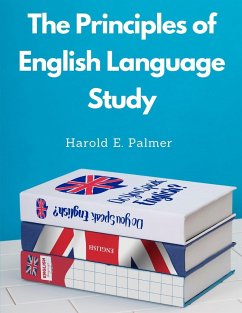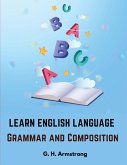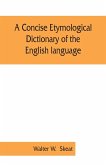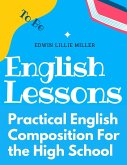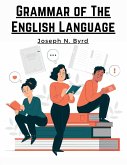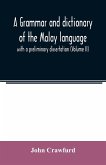In order to become proficient in most arts, we are assumed to study, i.e. to make conscious efforts persistently and perseveringly; we are assumed to use our intelligence. There is, however, one complex art in which all of us have become proficient without any such process and without using our intelligence consciously, viz. the art of speech, i.e. of using the spoken form of a language as actually used in everyday life. We are endowed by nature with capacities for assimilating speech. Each of us is a living testimony to this fact, for each of us has successfully acquired that form of our mother tongue with which we have been in contact. These capacities are not limited to the acquiring of our mother-tongue, but are also available for one or more languages in addition. The young child possesses these capacities in an active state; consequently he picks up a second or a third language in the same manner as he does the first. The adult possesses these same capacities, but generally in a latent state; by disuse he has allowed them to lapse. If he wishes, he may re-educate these powers and raise them to the active state; he will then by this means become as capable as the child of assimilating foreign languages. Those adults who have maintained these powers in an active state are said to have a gift for languages.

